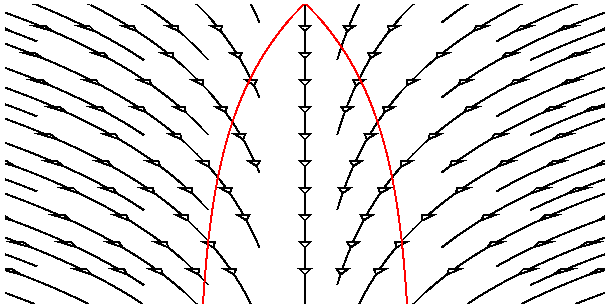Just to add to the previous person's answer. The reason we are interested in general relativity (GR) is phenomenological. Observations of things above planetary distance seem to line up perfectly with GR. At scales more than, say, 100,000 km, the cosmos seems to be as close to GR as we can discern. And in many ways those observations are exceptionally sensitive.
There are a few situations at short distance that we can get some tests of GR. But I am way out of date on those. Things like gravity wave detection. And there are some tantalizing situations where the results are very interesting. Like the dark matte problem. And certain star systems showing interesting behavior that seem like they are at the limits of accuracy. So far, GR is still the champion.
So, we think that the universe follows GR. And GR says, under a quite wide range of possible conditions that could result in what we observe now, that the universe should be expanding. And that means that the metric should be changing over time.
Another addition to the previous answer about what it means to be time dependent. The thing to do isn't to find coordinate free expressions. The thing is to look for scalar quantities that don't depend on coordinates. It's a subtle difference. The components of the metric will depend on the coordinate system you use. So, getting one component of the metric, in one particular coordinate system, isn't enough to say "time dependent" or "time independent." What you need to do is find a scalar quantity. As a motivational example, the wiki page on scalar curvature in Riemannian space is instructive.
https://en.wikipedia.org/wiki/Scalar_curvature
There is a little more complication in GR, because the manifold is pseudo-Riemannian, meaning it has 3 space and 1 time coordinates. But this gives the general idea. You construct values that do not depend on the coordinate system. An example might be a derivation of the Hubble constant in each phase of the evolution of a cosmology model. In the usual FLRW type model, the Hubble constant is not actually constant.

